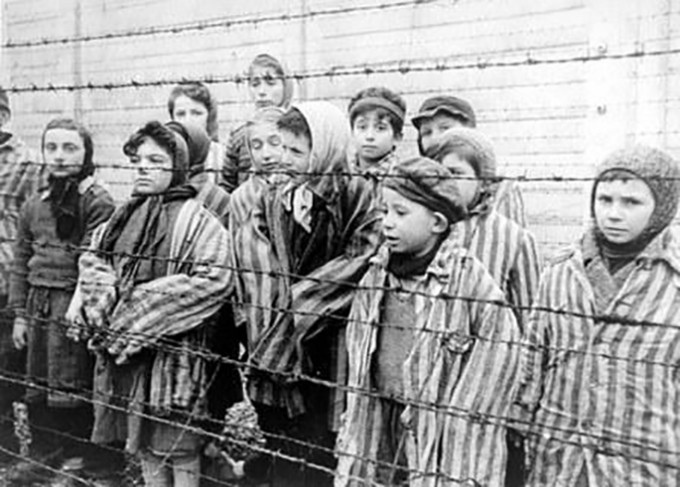Profiles In Nursing
Maria Stromberger (1898–1957) – Austrian Nurse Who Risked Her Life to Aid Auschwitz Prisoners
She risked her life to ease suffering, then after the war testified against the Nazi guards

Moments of crisis can challenge the courage and ethics of any nurse, but we may all pray that our strength of character never faces the kind of tests Austrian nurse Maria Stromberger endured during her two and half years practicing at Auschwitz, the Nazi concentration camp.
Living Nightmare
The atrocities of the Nazi regime began early, but even after the outbreak of World War II, many citizens of the Reich continued to turn a blind eye, whether out of self-interest, fear or incredulity. Nazi administrators took pains to suppress the worst crimes, making them easier for non-victims to ignore or dismiss. As she testified after the war, Maria Stromberger, a 44-year-old Red Cross nurse originally from Sankt Veit, Austria, could not quite believe the sinister rumors from the East.
In July 1942, she volunteered for a new assignment in an infirmary in Königshütte, Poland, hoping to see for herself. In the infirmary’s infectious disease ward, Stromberger heard fragmentary but chilling firsthand evidence from two German-speaking typhoid patients, recently transferred to Königshütte after being released from Auschwitz. Feverish and “in the grip of unimaginable angst,” the two men “shouted out terrible things in their deliriums,” raving about the horrors they had witnessed at the camp.
Stromberger might have dismissed this as nothing more than fever dreams, but when the two patients recovered, they swore her to secrecy. “Nurse, if you value your life and also our lives, you will never mention these things,” they implored her. “They are based on the truth.”
Walking into Hell
Realizing that what she had heard might only be the tip of a monstrous iceberg, Stromberger decided she had to investigate further. In October 1942, she became head nurse of the SS infirmary at Auschwitz. In a letter to her sister, Karoline Gräbner, Stromberger wrote, “I want to see how things really are; perhaps I can do some good there.”
Stromberger nearly walked away before she even started. Auschwitz commandant Rudolf Hoess prohibited most photography at the camp and required functionaries and even nurses to sign a host of secrecy and nondisclosure agreements.



